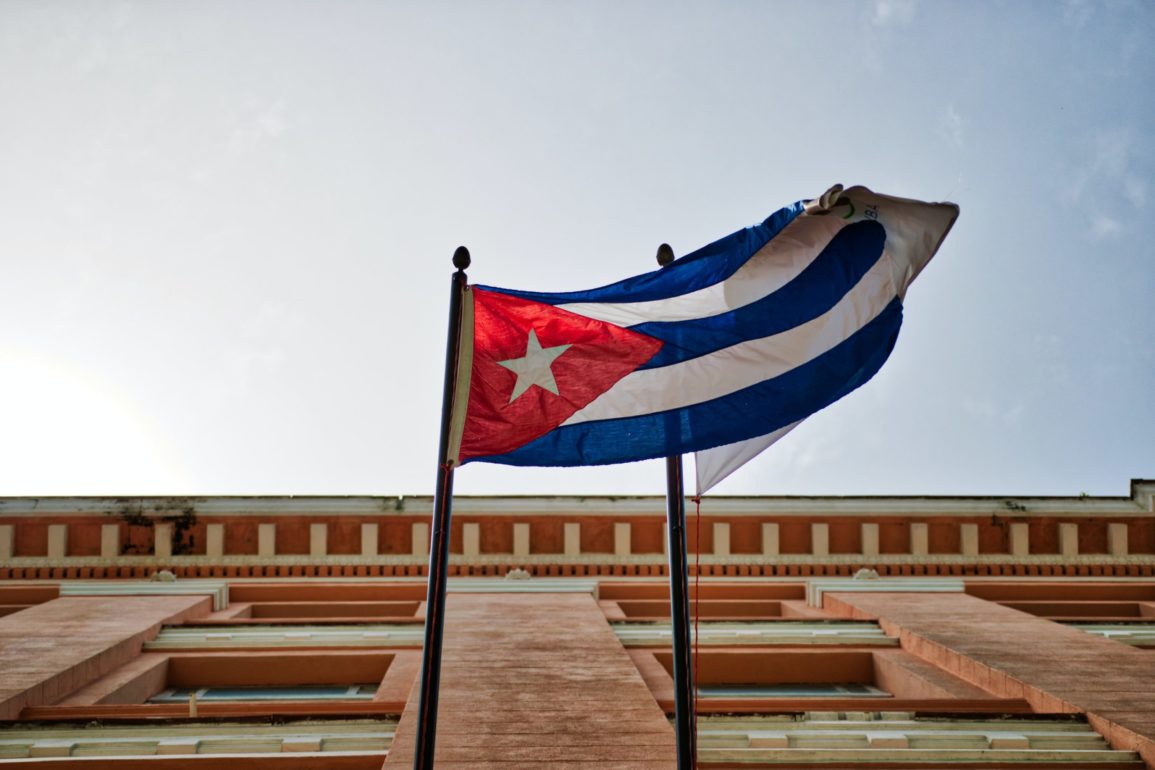“Every person merits esteem and recognition for his dignity, for his condition of human being and child of God, for being a free citizen, subject of rights and duties. Consequently, every Cuban should be able to express and share freely and with respect, his personal opinions, his thought or his convictions, including when he dissents from the majority,” state the Bishops of Cuba.
In a message published on November 11, at the end of their 158th Plenary Assembly in Havana, the Bishops of the Conference of Catholic Bishops of Cuba (COCC) referred to the situation of tension the country is experiencing.
Civic March for Change in Cuba
As Holguin Catolico reports, this message comes four days before an announced peaceful march on November 15, in several of the Island’s cities. The Civic March for Change in Cuba is considered illegal by the Government. The March’s organizers say that its objective is to ask for the release of political prisoners in Cuba and for an end to the regime’s repressive violence. They have insisted on rejecting violent protests.
The Cuban Bishops point out that “every Cuban should be able to express and share freely and with respect, his personal opinions, his thought or his convictions, including when he dissents from the majority,” and that they have witnessed in the last weeks “ the increase of an atmosphere of tension and confrontation, which isn’t salutary and benefits no one.”
The Prelates condemn all acts of violence, whether physical, verbal, or psychological, because “they gravely wound the soul of the Cuban nation and contribute even more to the burden, suffering, and sadness of our families.” Moreover, they reaffirm that violence contradicts God’s Will.
Project of a Nation Without Exclusions
The Bishops also stressed the urgency for Cubans to be able to be involved “in a national project that involves and motivates all; that takes into account the differences, without exclusions or marginalization.”
The text also stresses the need to have “mechanisms, where every person can be heard without fear of intimidation and reprisals, and to channel their dissatisfaction given the harsh daily realities that overwhelm so many people, especially the most impoverished and vulnerable.” They also consider imperative “the implementation of the necessary changes, so long desired, which foster a dignified and happy life for all children, here in our land.”
Dialogue to Achieve Peace and Reconciliation
The Bishops exhort all once again “not to spare efforts so that paths of understanding, reconciliation, and peace are leveled, so that the different proposals on the present and future destiny of our country may find an ambit of good sense, tolerance, and concord, and that a harmonious and civilizes dialogue is established in which the best solutions can be found to the problems that concern us.”
Finally, they entrust to the Virgin of Charity of Cobre, Mother, and Patroness of Cuba, “this difficult hour of the history of our nation, so that the light that springs from peace and love, may prevail over the stormy clouds of hatred and enmity.”
Assembly of An Elective Character
According to the mentioned means, the 158th Plenary Assembly of the Cuban Bishops, held from November 8-11, 2021, was of an elective character for the Presidency and the Permanent Committee of the COCC as well as for some Commissions. Monsignor Emilio Aranguren Echeverria, Bishop of Holguin, was renewed in his post as President.
Elected for the following posts were, as Vice-President, Monsignor Arturo Gonzalez Amador, Bishop of Santa Clara; as Secretary-General, Monsignor Juan de Dios Hernandez Ruiz, Bishop of Pinar del Rio. Also elected members of the Permanent Committee were: Cardinal Juan de la Caridad Garcia Rodriguez, Archbishop of Havana, and Monsignor Juan Gabriel Diaz Ruiz, Bishop of Ciego de Avila.
Translation by Virginia M. Forrester










